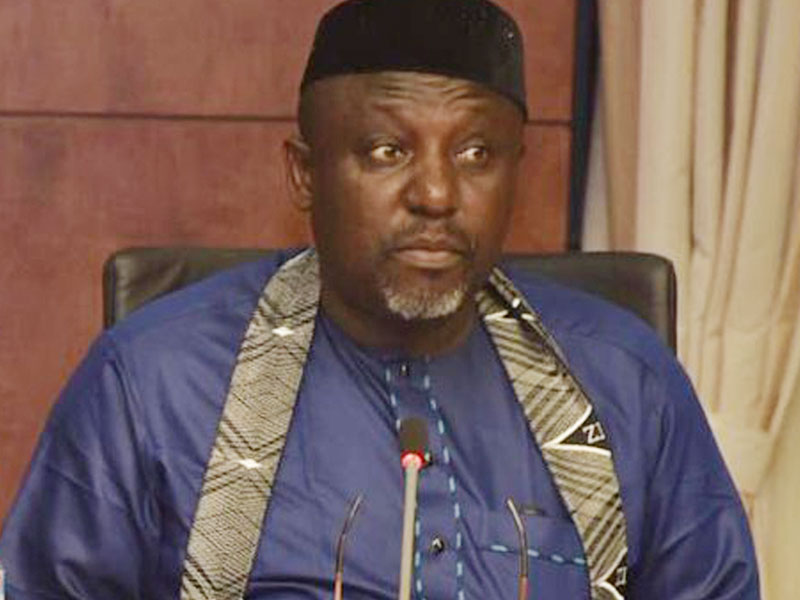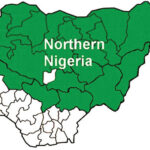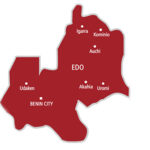A former governor of Imo State and Senator representing Imo West, Rochas Okorocha, has charged Northern leaders to address the Almajiri system in the region to stem growing insecurity in the country.
Okorocha, spoke on Tuesday in Abuja while receiving students of Rochas Okorocha Foundation College of Africa (ROFOCA) from South Sudan and Ethiopia.
- No ammunition can win insecurity without addressing injustice, poverty — Okorocha
- Centre urges northern governors to act ‘permanently’ on Almajiris
He also asked the federal government to come up with a policy that will quickly address the out-of-school children, saying that giving Almajirai formal education is the only solution to tackling the menace.
He said that insurgency, banditry, kidnapping and other crimes have linkage with illiteracy.
“All the well-to-do in the Southern and Northern parts of the country must pick at least one Almajiri and give him or her formal education. Insurgency is happening as a result of feelings of neglect, injustice and anger which is negatively expressed.
“In Nigeria we need to target the Almajiri children and give them quality education. Many of them have lost hope of becoming somebody in life. What will make them go into crime when they have the understanding that they can become a governor in the future?
“This is where the solution to ending insecurity in the region and by extension the country lies. We must all see them as our responsibilities. Do you ever think there would be any conflict between the North and South if this is done? No, it is through education that Nigeria can be united,” Okorocha said.
The lawmaker also charged African leaders to make education accessible to poor children in the continent to give them opportunities like their counterparts in other parts of the world.
He said, “We need to join hands to tackle the issue of out-of-school children, it is another time bomb at the Rochas Foundation College. We have trained over 30,000 students and among them today are doctors, lawyers and engineers, among others.
“We extended it to other African countries, today we have about 100 students from 22 African nations so that we can leverage on education to develop the continent. African leaders are doing the much they can, but a lot more needs to be done to educate African children.”

 Join Daily Trust WhatsApp Community For Quick Access To News and Happenings Around You.
Join Daily Trust WhatsApp Community For Quick Access To News and Happenings Around You.


